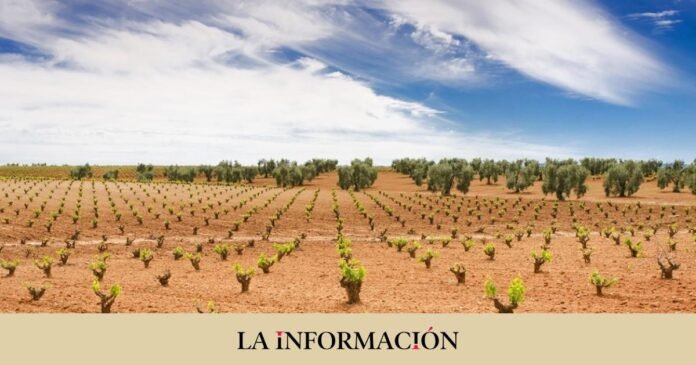Spanish farmer groups have begun to assess the losses caused by DANA, which has affected a good part of the Peninsula in the last week. The most affected crops have been, on the one hand, tomatoes, which were found at the time for harvesting and which in municipalities such as Puebla de Montalbán in Toledo will not be accessible for harvesting with the necessary equipment until the product is already deteriorated. . . The fields of vines and olive trees in Navalcarnero or Villa del Prado have also been destroyed by the water, shortly before their harvest was expected to begin.
The storm has arrived after months of drought in which farmers have been suffering the consequences of lack of rainfall and high temperatures, but it has not helped to alleviate their damage. On the contrary, the sequence of the cropland has made it even more difficult for water to filter into the soil in some areas, aggravating the effects of rain washout.
Extreme weather events further complicate the challenges facing the agri-food industry today. The first Spanish sector strives to supply food to a growing population and maintain the profitability of crops while production costs rise. To achieve this, field workers implement innovative technological solutions in their production processes, which help increase their efficiency.
Innovations that combine profitability and sustainability
Decades of livestock farming and intensive agriculture have worn out the land dedicated to crops, accelerating a process of desertification that means there is less and less fertile surface to dedicate to agri-food production. Faced with this, the first sector is committed to regenerative agriculture, which is based on practices that reduce the impact on the soil, allowing it to recover from the damage caused by farms. With a not very high investment, which even small farmers could afford, forms of aggressive tillage can be avoided, such as those that include the use of pesticides and chemical fertilizers. In addition, maintaining soil health helps reduce the effects of phenomena such as floods, by allowing greater filtration of water into the ground.
Rising costs in the energy sector have caused more attention to be paid to supply systems. The primary sector, which has historically been one of the most polluting industries, is in a process of energy transition. Farmers have begun to produce their own energy more regularly, enabling wind, solar or biomass installations with which they not only sustain their production, but the surplus can be sold to other farm workers. With adequate institutional support, these initiatives contribute not only to the well-being of the environment, but also to the profitability, cost reduction and increase in profits of the agri-food industry.
Water efficiency, on the other hand, has always been one of the great concerns of Spanish livestock agriculture, the largest consumer of this resource in the country. Serious waste problems have been detected in irrigation and water transfer, now accentuated by the continuous state of drought and the restrictions on practices such as dripping in crops as a result. Complications in the production chain reduce the supply of food, raising the price level in addition to approaching shortages, warn the Spanish Federation of Food and Beverage Industries. For this reason, several farmers associations, especially those in the southern and eastern parts of the country, have advocated for the creation of a state plan that restructures water supply systems, putting more weight on water reuse facilities. Greater investment in wastewater treatment or desalination plants would not only ensure greater availability for food production, but would also help fill reserves for domestic use in situations of scarcity.
Finally, new technologies are also being used to modernize the agricultural sector, allowing greater control over the production chain and avoiding unnecessary costs or waste. Some of the practices of the so-called “agriculture 4.0” include digitizing data storage and management processes, automating the most repetitive tasks through robotics or even connecting different devices, such as the agricultural machines themselves, drones and sensors, to anticipate incidents. meteorologists and reduce its effects.

